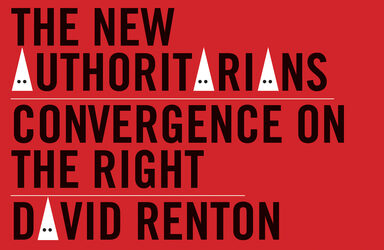
by Amrita De
In a rare 2013 interview, right after his official election as the 2014 prime ministerial candidate for the BJP (Bharatiya Janata Party), Reuters spoke to the then head of BJP’s election campaign, now twice-elected prime minister of India—Narendra Modi. On being asked whether he regretted the Gujarat riots that had claimed over two thousand Muslim lives during his term as the state’s chief minister, he said: “If someone else is driving a car and we’re sitting behind, even then if a puppy comes under the wheel, will it be painful or not? Of course, it is. [Whether] I’m a chief minister or not, I’m a human being. If something bad happens anywhere, it is natural to be sad.”
This lackadaisical comment had then sparked widespread outrage from his political opponents, who demanded accountability and apology from Modi for the deaths during the riots. The Gujarat riots were amongst the worst accounts of communal violence in recent times. Considering all that unfolded after Narendra Modi’s re-election in 2019, one can now retroactively read in his 2013 comment—in his refusal to condemn the violence or take any accountability for what had transpired—a striking precedent for what would become the country’s future direction.
On December 11, 2019, the BJP government, with Narendra Modi at its helm, passed the Citizenship Amendment Act (CAA), which provided citizenship for immigrants from the neighboring countries of Afghanistan, Pakistan, and Bangladesh, on the condition that they were not of Muslim ethnicity. This act must be seen in tandem with the National Register of Citizens (NRC), which cast into doubt the citizenship status of many Indian Muslims while granting immunity from deportation to non-Muslims under the CAA. For the first time in Indian history, legislation directly challenging the secular fabric of the Indian constitution was put into motion. Continue reading “election : india 2014 – 2020”


